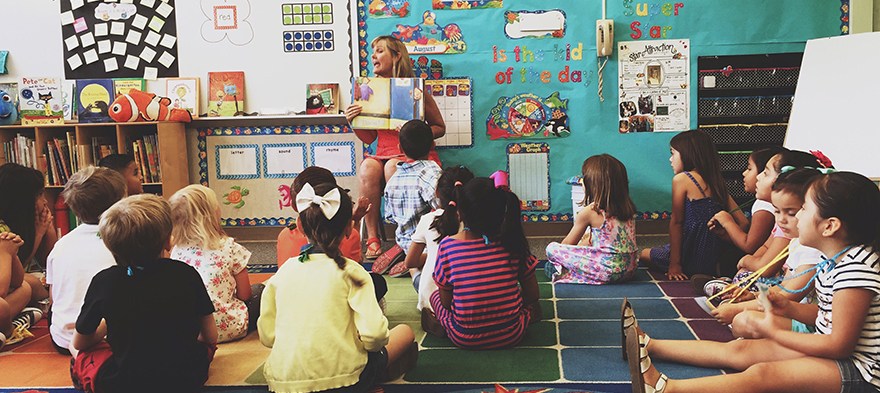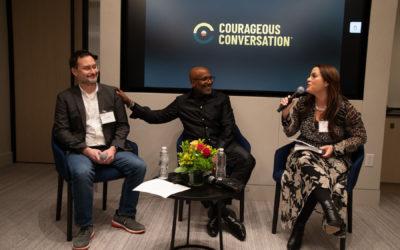By Laurie Calvert—August 24, 2017
I was a racist teacher and I didn’t recognize it.
At the time that I taught, I would have argued that I was the opposite. I was a progressive, a Democrat. I campaigned in my progressive town in Western North Carolina for the first Black man to run for the U.S. Senate against a notorious racist from our state, Jesse Helms. I voted for Obama, even volunteered in his office during the 2008 campaign.
As a teacher, I went out of my way to introduce Black and Brown authors and civil rights leaders into my English lessons. Frustrated that I hadn’t been exposed to many multicultural books appropriate for middle school, I started a book club with middle school teachers and got funding for us to read books by Black and Latino authors and talk about how we might use their works in our classrooms. I showed an approved-for-school version of the film “Glory” to my eighth-grade students and pointed out, as the Massachusetts 54th regiment endured bigotry and racial slurs from townspeople, that “it’s a mistake to believe that all the racists are in the South.”
Moving to Washington, D.C., in 2010 changed me. Working for five years in the Obama administration in the U.S. Department of Education, I began to become aware of a more insidious side to myself. I won’t say I was “woke.” It wasn’t that fast. But over time I began to recognize a latent racism in me, one that had been hidden even to myself.
My boss at the time, Arne Duncan, talked often about the need for transparency in education, arguing that truth serves as an antiseptic by bringing issues into the open, into the light. He believed that we should examine ourselves and make sure that the equity we were promoting in education policy was present in us as individuals and in the U.S. Department of Education.
To accomplish this, Duncan’s team brought into the Department a team of racial bias experts to lead his senior staff and political appointees through a series of “Courageous Conversations About Race,” facilitated by Michelle Molitor of the D.C. Equity Lab. The progressive in me couldn’t wait to participate, to have my values affirmed and to be seen as one of the good guys who gets it. Definitely not a racist.
From the beginning, though, I could sense something was off inside me. During the first day of training, Molitor taught us to listen to each other’s stories without judgement, which is tougher than it sounds. Then she asked us to describe to a partner a time when we first recognized the skin we are in. Though I hadn’t planned to, I went into a semi-rant about anger I still felt for parents of Black students who had over the years implied that I was a racist.
One mother had told me it was “insensitive” for me to show “Glory” in school, that her daughter felt demoralized seeing how African Americans were treated while sitting in a class of mostly White students. When the mother had said over the phone, “I know that you want me to believe you care about students of color,” I went ballistic! How dare she? Didn’t she know I was on her side?
Molitor introduced a range of concepts that were new to me: microaggression, White privilege, and the difference between prejudice and racism. But it was listening to others’ stories that shifted my thinking the most. Colleague after colleague—people more educated and influential than I—described events that I did not realize still happened in the United States.
Patrice described her husband being pulled over by police while jogging in their wealthy Atlanta neighborhood. Bill, a Native American, recounted having his long braid pulled by women who made comments about wanting to be with “a savage.” The stories challenged my assumptions about race relations in this country and about my complicity.
Read more at Education Post.




